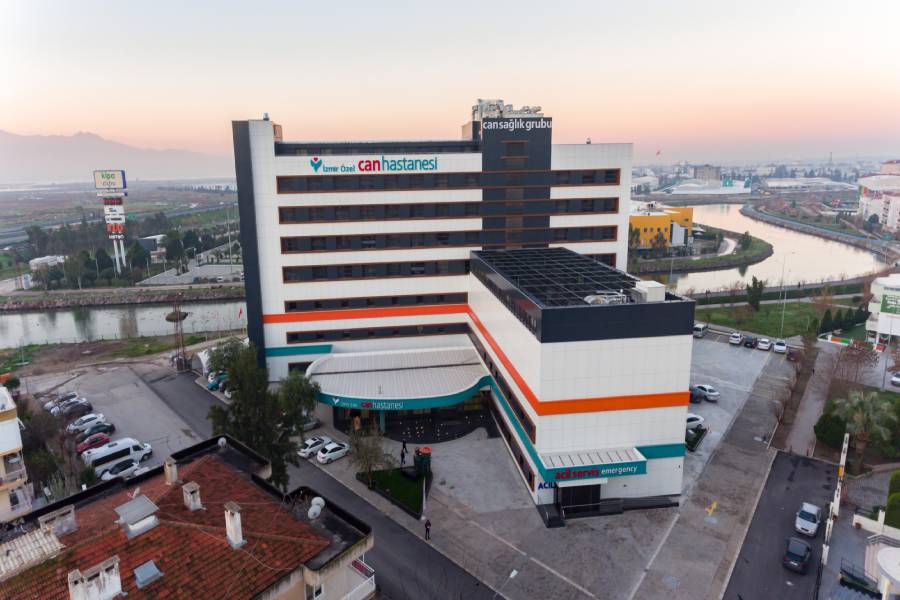How your doctor decides which bariatric surgery is right for You?
Categorised in: HEALTH GUIDE, Genel
Published Date:
The journey to losing weight is personal and tough. Many people look into obesity surgery to get healthier. But, picking the right bariatric surgery isn’t the same for everyone. Doctors look at each patient’s unique situation to pick the best surgery. Doctors consider your health history and any current conditions. They think about how these might affect different surgeries. They also look at your long-term weight loss goals. This helps pick a surgery that fits your life and goals.
Choosing the right bariatric surgery is very important. It’s a team effort that needs good communication and knowledge of surgery options. We’ll explore what goes into making this choice in the next parts of our discussion. With a careful and focused approach, the right surgery can change your life for the better.
Evaluating Your Health History and Weight Loss Goals
A detailed medical evaluation for obesity surgery is very important. It looks closely at your patient health profile. This includes past medical treatments, current health issues, and family history of obesity-related diseases. All these details are key to finding the safest and most effective surgery plan. Setting clear weight loss objectives is a big part of the evaluation. It’s key because it helps decide which surgery is best. Whether you need a big surgery for long-term weight loss or a smaller one for specific health problems. Your goals and what you hope to achieve are matched with what’s possible before surgery.
Understanding your health history and what you want for the future helps doctors create a plan. This plan aims to manage your weight effectively and improve your overall health and well-being.
The Role of Diagnostic Tests Pre-Bariatric Surgery
Before bariatric surgery, tests are key to making sure the surgery is safe and works well. These tests check if a patient is a good candidate and find any health risks. They help pick the best surgery plan for each person.
Blood tests are crucial to spot nutritional or metabolic issues. Imaging studies look at organs and tissues that might be affected by surgery. Checking the digestive system is also vital to see if surgery can be done safely and effectively.
These detailed tests make sure a patient is ready for surgery. They help create a treatment plan that meets the patient’s health needs. This careful planning is key to a successful surgery, reducing risks and improving recovery.
Obesity Surgery: Determining the Right Fit for Your Body
Choosing the best bariatric surgery for you means understanding the different options available. These options must match your health needs and body type. Procedures like gastric bypass, sleeve gastrectomy, and adjustable gastric banding each have their own benefits. They are best for different types of patients.
When looking at custom-fit weight loss surgery, think about how your body might react to each surgery. For example, a gastric bypass might be good for someone with a higher BMI. On the other hand, a sleeve gastrectomy could be better for someone with fewer health issues. Picking the right surgery is key to its success and safety.
Your surgeon’s skills are also very important. They know which surgery is best for you based on your health. This ensures you get a surgery plan that works well for you.
Risk Assessment and Potential Complications
It’s key to know the bariatric surgery risks before you decide on this big step. While not everyone will face problems, some might deal with infections, blood clots, or need more surgery later. These possible surgical complications are serious and something every patient should think about.
Keeping patients safe during obesity surgery is a top priority. It depends on both the doctors and the patients. Doctors do a detailed check-up before surgery to lower risks. They look at things like heart health and diabetes. This careful planning helps everyone be ready for the surgery, making it safer.
It’s also important for patients to understand the risks and possible problems. Knowing about bariatric surgery risks and possible surgical complications helps make the surgery safer. It also helps set realistic goals and follow the post-surgery advice, which is key for the surgery’s success.
Making an Informed Decision with Your Healthcare Provider
Choosing the right path to better health through obesity surgery is crucial. We’ve looked at many factors, from your health history to the risks and costs. Making this choice needs careful thought and a strong team effort with your doctors. This process is about more than picking a surgery. It’s about starting a new way of life for your health. Your doctors will help and guide you, giving you the right advice for your health needs and weight loss goals. They help make sure your choice fits your life and health goals.
Remember you’re in charge of your health journey. Your opinions matter a lot because you’ll live with the outcomes. So, learn as much as you can, talk openly with your doctors, and make a choice that fits your health goals. Choosing bariatric surgery is big, but with the right planning and support, it can change your life for the better.

Why British Citizens Choose Turkey for Health Services?
British citizens are increasingly opting for Turkey when seeking medical treatments due to a combination of superior healthcare services, affordability, […]

Psychological Effects of Genital Aesthetics on Body Image
In a society increasingly focused on physical perfection, the realm of genital aesthetics has surfaced as an area of both […]

Common Concerns About Genital Plastic Surgery
Genital plastic surgery, a burgeoning field within the realm of cosmetic enhancements, has witnessed a notable surge in popularity. Procedures […]

In which cases is labiaplasty necessary?
Labiaplasty, a procedure that has recently garnered significant attention, involves the surgical reduction of the labia minora. This operation, also […]

Healthy Recovery Process After Genital Aesthetic Surgery
Day Things To Do Things to Avoid 1-7 Days – Bed rest – Using medications recommended by the doctor – […]